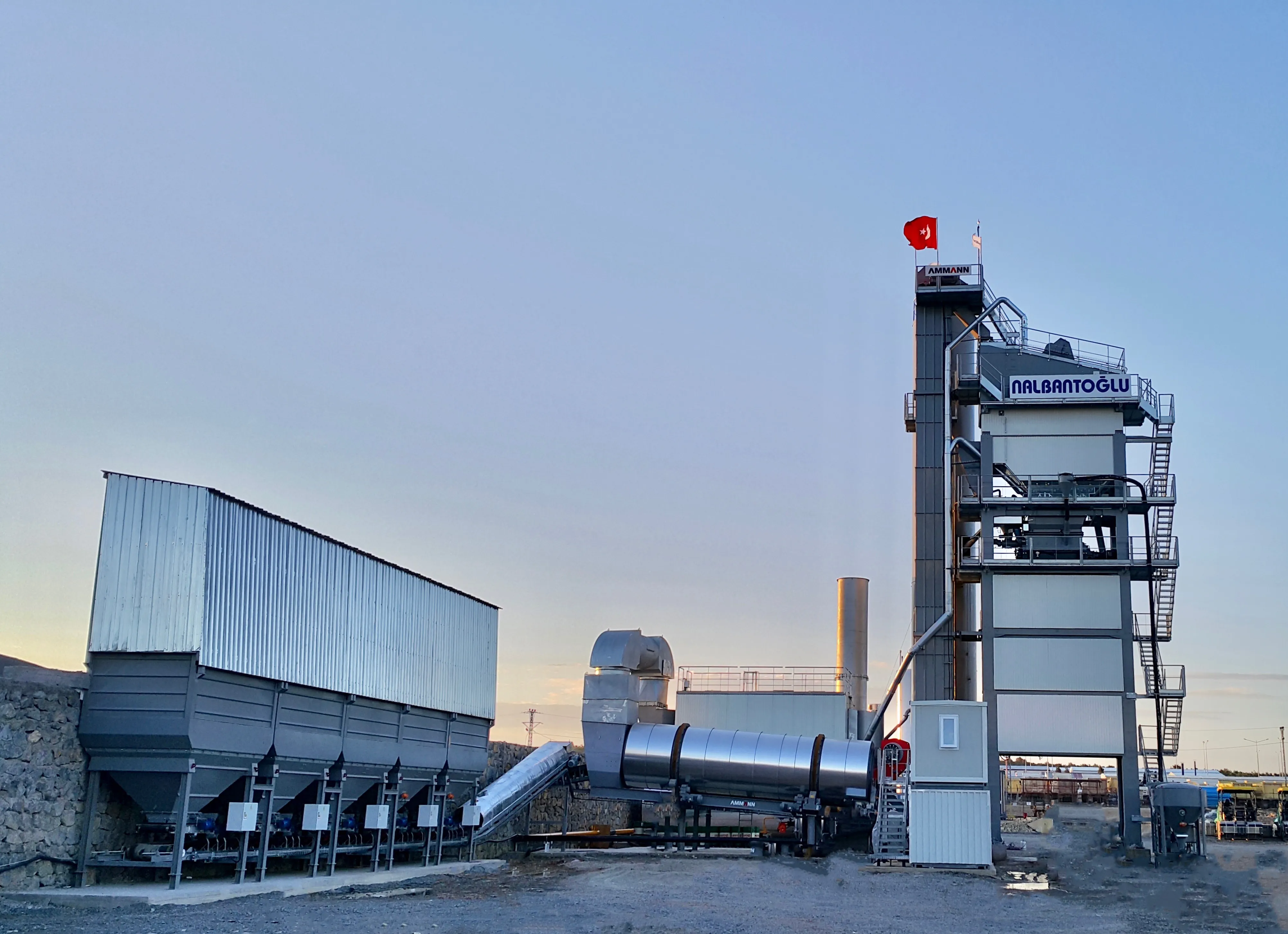Concerns over financing are delaying progress on Kenya’s massive highway connection project. The new highway between the capital Nairobi and the country’s premier port of Mombasa is expected to cost in the region of US$3.5 billion. Construction is being managed by the US contractor
The highway is important for Kenya as well as neighbouring East African nations as the 473km link will provide a faster four lane connection between the two cities. This will speed transport inland from the busy port and help reduce costs, encouraging trade across the region. However, while Kenya’s economy is the most buoyant in East Africa, the cost of project will combine with others already in progress to boost the country’s debt ratio significantly, with some analysts suggesting this could be as high as 58% of GDP.
The financing should be fully in place by June of 2018, with the firm aiming to complete construction by 2024.
Funding issues – delays to Kenya’s major highway project?
Concerns over financing are delaying progress on Kenya’s massive highway connection project. The new highway between the capital Nairobi and the country’s premier port of Mombasa is expected to cost in the region of US$3.5 billion. Construction is being managed by the US contractor Bechtel, which is sourcing suitable funding from private firms and has considerable experience of building highways in developing nations. But the sheer scale of this project, one of the country’s largest since its independence,
April 17, 2018
Read time: 2 mins







